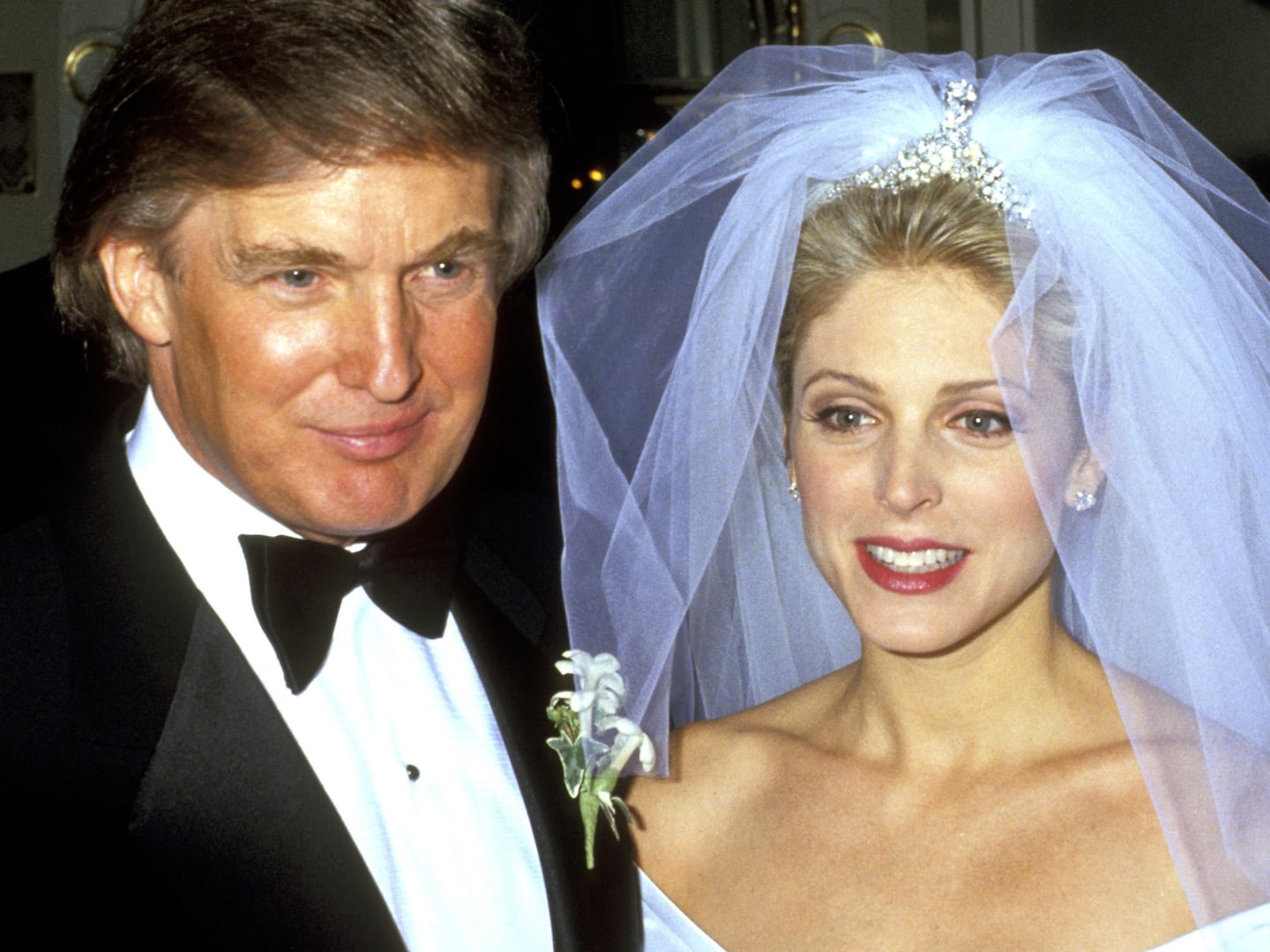
How to understand the New Hampshire primary? Start with this important fact: "independents" does not = "centrists." If Ron Paul did well with independents, it's because the state's independents actually tilt to the right of the mainstream Republican party.
Jonathan Rauch wrote an important piece about this trend in National Journal two years ago. The piece unfortunately is no longer available online, but (conveniently!) you can still find this item I wrote about it. The relevant extract:
"It’s important to understand that the “independent” bloc of voters is increasingly composed of ex-Republicans, “debranded Republicans” as Jonathan Rauch has astutely termed them.
Rauch:
"Far from being wishy-washy, in 1997 Republican-leaning independents were about as skeptical of government as were Republicans. In 2010, they became, if anything, even more conservative. Today, your average Republican-leaning independent is at least as anti-government as your average Republican. Why? Probably because self-identified Republicans include moderates and even a sprinkling of liberals. Republican-leaners seem to be less diverse ideologically. They look like not just Republicans in exile; they look like conservative Republicans in exile. The seepage of Republican debranding has been from the right edge of the party."
Rauch notes the following facts:
1) The country has turned more conservative since President Obama took office: conservative identification has risen to all-time peak of 42% of the electorate. 2) At the same time, Republican partisanship has actually declined, to post-Watergate levels of 25% of the electorate. 3) Within the category of “independents,” the fastest growing group are conservative independents, conservative non-Republicans. Conservative independents now make up 12% of the electorate. These are the people to whom the tea party most strongly appeals. 4) Thus, while it is literally true that the tea party is calling independents to Republicanism, it is an illusion to imagine that tea partyism offers the basis for a national political majority, at least not in a presidential year."





